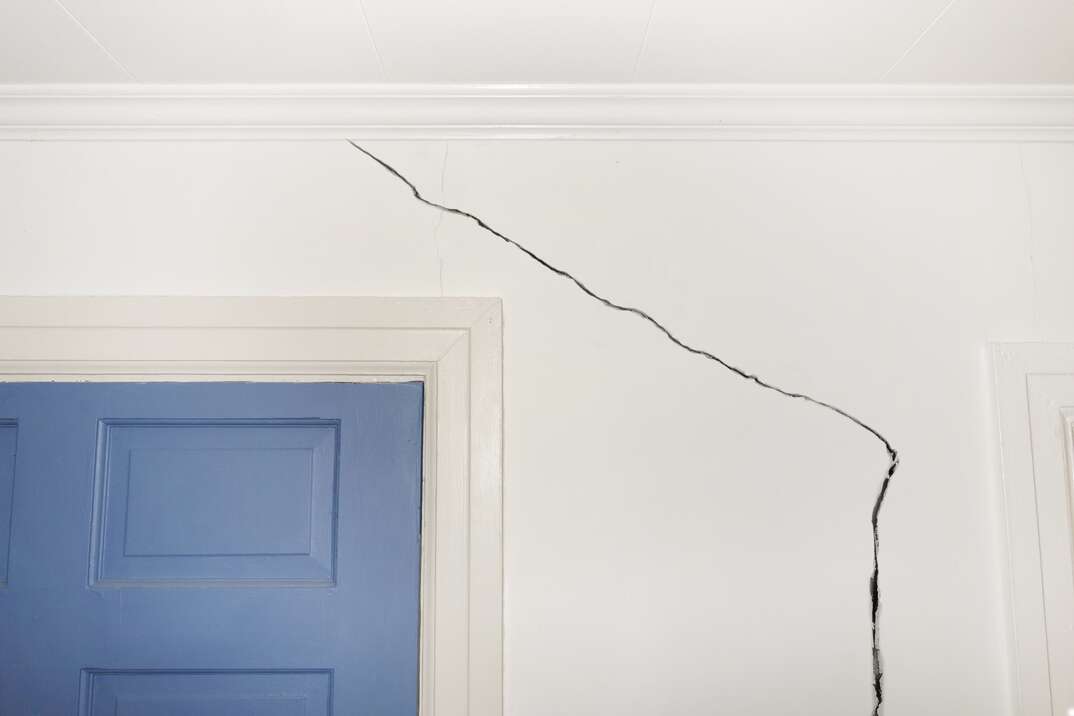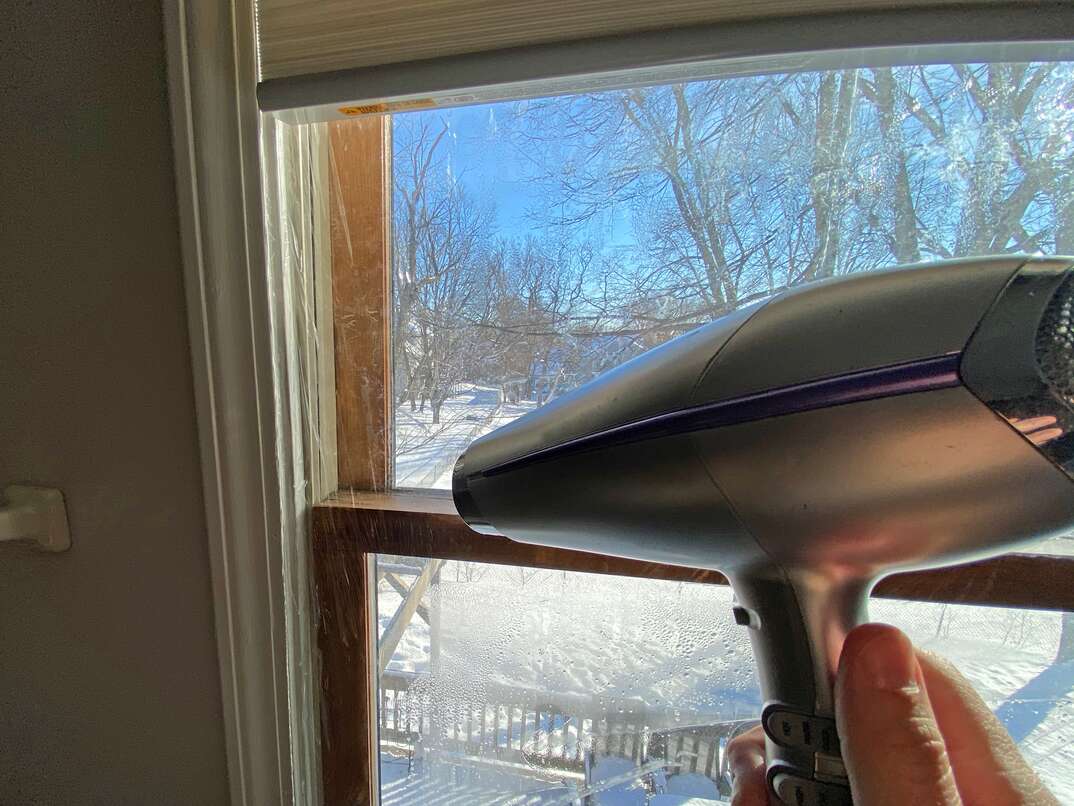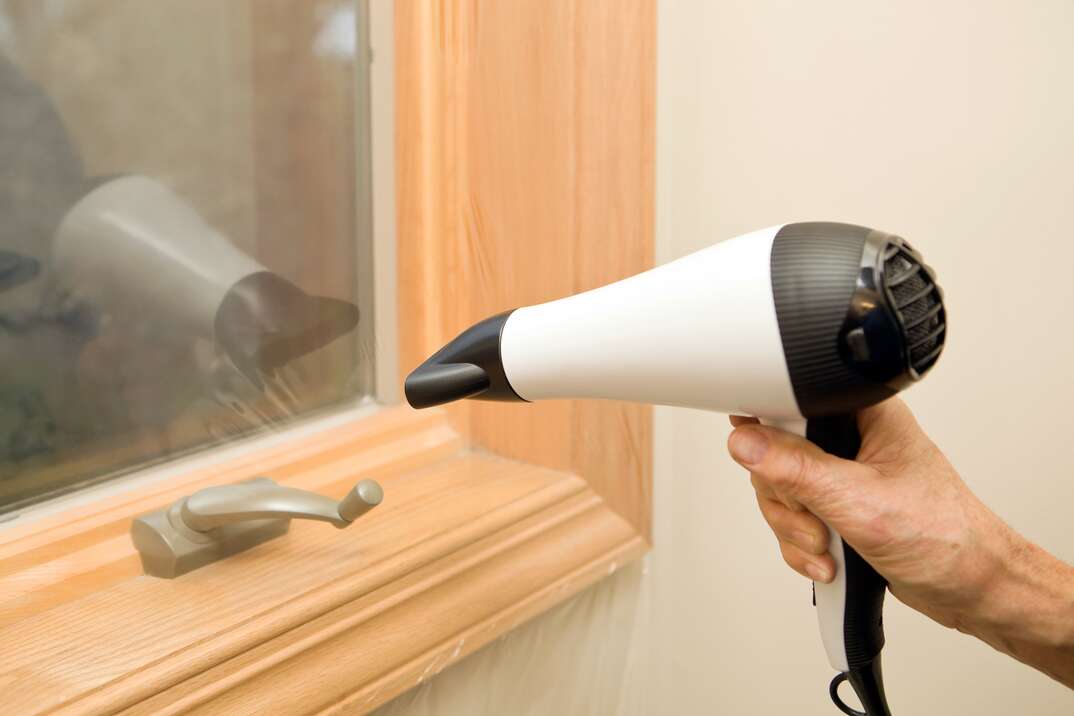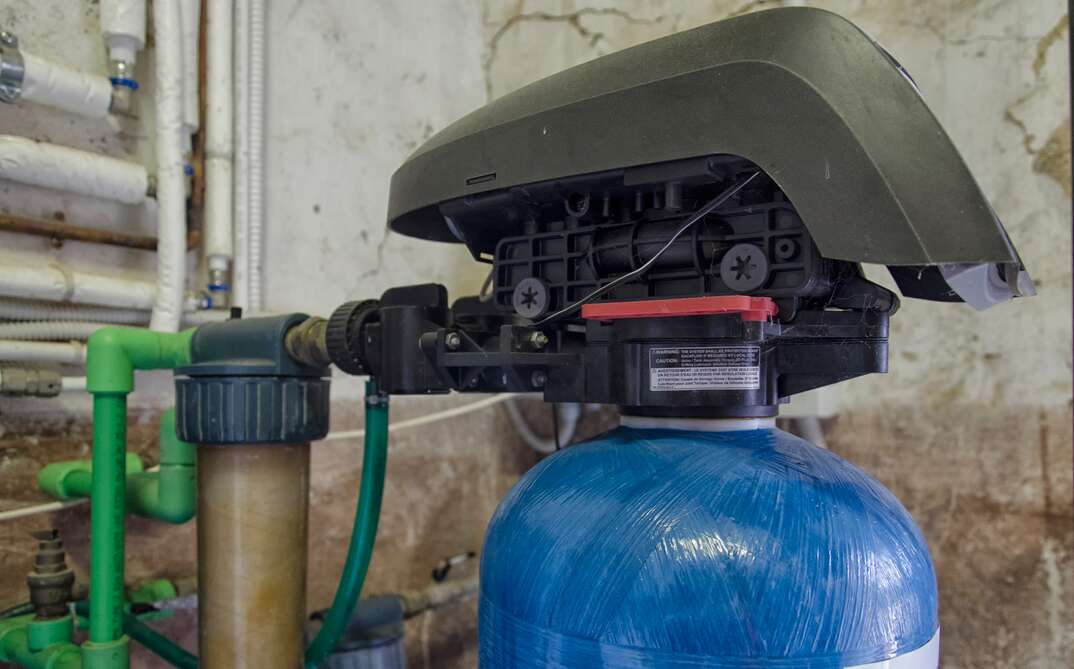7 Things to Do Right After an Earthquake

The earth — and your home — have finally stopped shaking. Hopefully, the only damage is a few picture frames falling off the wall, or a broken knickknack or two. But, sometimes, the real damage an earthquake can cause to your home isn’t evident right away.
This May Also Interest You: Earthquake Insurance: What It Covers and How Much It Costs
Do you know what to do after an earthquake? Whether it's your first earthquake or you're a seasoned pro at riding out the tremors, you might feel a little overwhelmed or scared in the aftermath.
What Are Some Things You Need to Do Immediately Following an Earthquake?
Your first priority after an earthquake is making sure everyone is safe and assessing the situation. Check yourself to see if you have any injuries. If you're okay, check on everyone else in the home. Perform first aid as needed, which might include putting pressure on wounds, applying bandages and performing CPR if someone is seriously injured. You might also need to call 911 for serious injuries or seek medical attention on your own for less severe injuries.
The next earthquake safety step to take is to evaluate your surroundings. Look for immediate threats to your safety, such as gas leaks, water leaks, fires and spilled chemicals. Check outside for downed power lines. Make a plan to control or avoid those hazards until professionals can come to handle them. Keep in mind that there could be aftershocks, so prepare to take cover if they happen.
Seek information about the situation once you're certain you're safe. A battery-powered radio is often an effective way to do this, since the power might be out and internet and cell phone service might be interrupted. Make sure you have extra batteries on hand. Look for information on evacuations and other recommendations from officials.
It's also a good idea to assess what you have on hand and make a plan. If you stockpiled emergency supplies, pull them out to have food and water easily accessible. Gather essentials if you need to evacuate, and follow instructions from authorities. If you don't need to evacuate, stay home unless you have to go somewhere. You could run into downed power lines and other hazards. It also clogs up the roads and makes it more difficult for first responders to help people.
Do These 7 Things for Your Home in the Aftermath of an Earthquake
Once you know everyone is safe, and you've tended to injuries, you can look at your house. It can be overwhelming to figure out what to do after an earthquake, especially if your home has significant damage. These are some tasks you might need to do to protect your home and your family:
- Shut off the main valve if you suspect a gas leak. Get out of the house and report the gas leak immediately.
- Shut off the breaker box if you have damaged house wiring.
- Shut off the water at the main valve if you have plumbing leaks.
- Call the appropriate utility or repair companies to fix the damage.
- Clear away items that tipped over or broke to create a safe path through your home.
- Inspect your roof, foundation and chimney to look for cracks or other signs of damage.
- Document damage to the structure for insurance purposes.
More Related Articles:
- What You Need to Know About Gas Safety
- 5 Tips for Carbon Monoxide Safety
- How to Prepare For a Wildfire
- Protect Your Home with These Security Systems
- Wood-Burning Stove and Fireplace Safety
Earthquake Safety Tips
Knowing what to do after an earthquake can be a little easier if you use earthquake safety information to prepare before one happens. Here are some ways to prepare:
- Get insurance. Your homeowner's policy usually won't cover earthquake damage. Look into a special earthquake policy to ensure you're covered.
- Stock up on supplies. Have ample food, water and medication on hand for all the humans and pets in the home. Pack a "go bag" with essentials in case of an evacuation. Don't forget a battery-operated radio, batteries, portable chargers and first aid kits.
- Practice. It might feel silly, but doing a trial run of the "drop, cover and hold on" steps can make you feel more comfortable in an earthquake.
- Make changes. Earthquake retrofitting can improve your home to help it better withstand earthquakes. You might consider this option, especially if you have an older home.
When you're prepared and know what to do after an earthquake, you can protect yourself and your home to minimize the effects.


